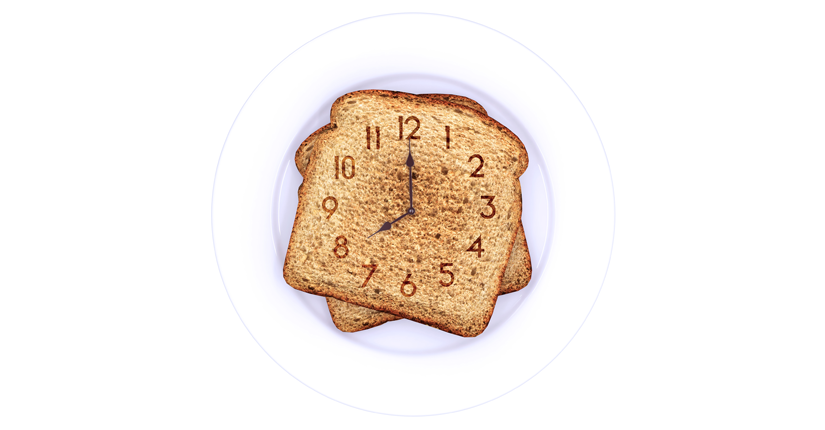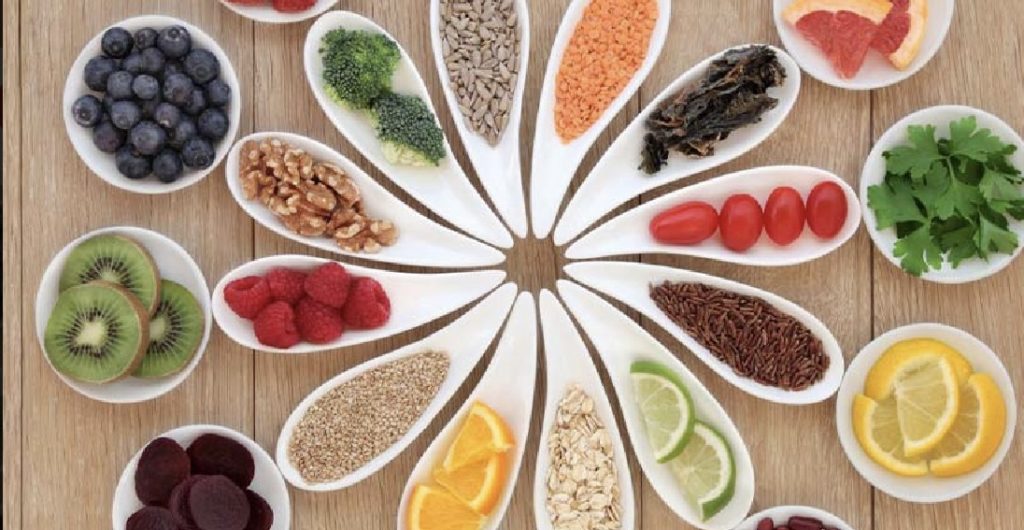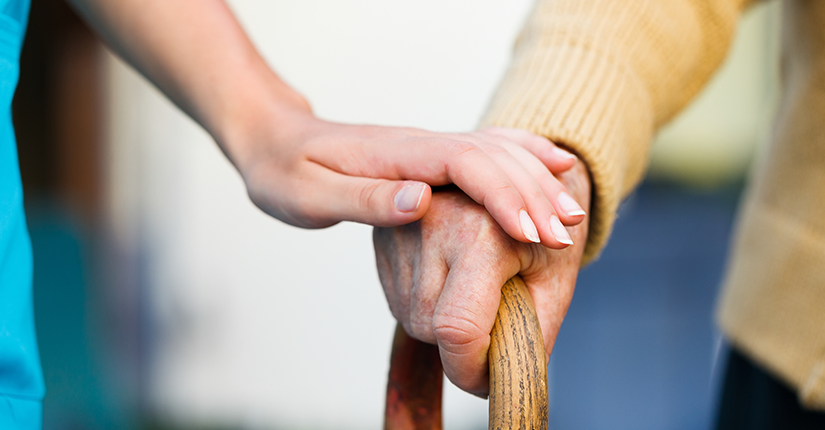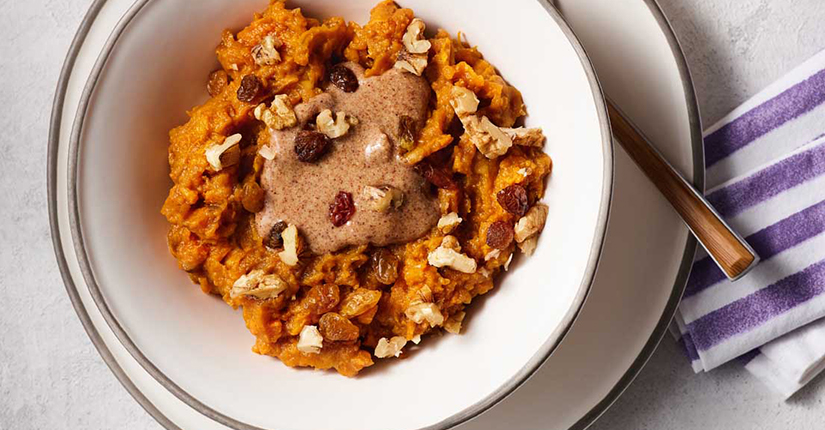Is Carb Cycling worth it for Muscle Gain?
By Manshi Arora 24-Jan 2020 Reading Time: 5 Mins

Carb cycling is a deliberate modification of carbohydrate intake to prevent a fat loss plateau and maintain metabolism along with workout performance. It is considered an aggressive and high level of nutrition strategy. It should be used by people (such as physique athletes) whose nutritional adherence is extremely high, and who require a more meticulous nutritional approach.Carb cycling is designed for short-term use since it is not a long-term solution for body fat management.
Importance of Carb-Cycling in burning fat and building muscle
- Is it possible to do both of them simultaneously? With carb cycling it is.
- On high carb days (which coincide with your strength training), you’ll increase your calorie intake to go anabolic. Those carbs will also be used primarily to refill your glycogen and build muscle instead of going to fat storage.
- Even better, carb refeeds will keep your energy and strength high as you push heavyweights. Meanwhile, the low carb days will decrease your overall weekly calories enough to keep the fat gains at bay.
How to do carb cycling for muscle gain?
- Carb cycling can be done in many ways. These can be tailored to your particular schedule and preferences. One popular method is alternating high and low carb days throughout the week.
- If your workout schedule is spaced out or sporadic, this is probably the best approach for you to stay on track.
Here’s what it might look like if you do a bodybuilding split:
- Monday: Chest, Shoulders, and Triceps (High Carb)
- Tuesday: Off/Cardio (Low Carb)
- Wednesday: Lower Body (High Carb)
- Thursday: Off/Cardio (Low Carb)
- Friday: Back and Biceps (High Carb)
- Saturday: Off/Cardio (Low Carb)
- Sunday: Off/Cardio (Low Carb)
Another common method is to split the week in half and do three to four low carb days in a row followed by three to four high carb days in a row. It requires a slightly stricter schedule, but many people find it effective because it puts you in fat-burning mode half of the week and muscle-building mode the other half.
This could also create a bigger hormonal impact because your body has more time to respond and adjust to the changes in your carb intake.
- Monday: Chest, Shoulders, and Triceps (High Carb)
- Tuesday: Glutes, Hamstrings, and Abs (High Carb)
- Wednesday: Back and Biceps (High Carb)
- Thursday: Quads and Calves (High Carb)
- Friday: Off/Cardio (Low Carb)
- Saturday: Off/Cardio (Low Carb)
- Sunday: Off/Cardio (Low Carb)
What About your Macros?
With carb cycling, it’s important to have accuracy with your numbers: Otherwise, you might miss your carb targets and struggle to get the results you want. (In other words, you might eat too many carbs on your “low carb day” and too few carbs on your “high carb day.”)
The following are some general guidelines for macronutrient ratios to use to based on your body weight:
Sample High Carb Day:
- Carbs: 2-3 grams per pound of bodyweight
- Protein: 1 gram per pound of bodyweight
- Fat: Minimal
Sample Low Carb Day:
- Carbs: 0.25 grams per pound
- Protein 1-1.25 grams per pound
- Fat: 0.5 grams per pound
Take-away message
Ultimately, carb cycling is one of the most flexible diet approaches out there to help you gain muscle and burn fat at the same time. As long as you stay strict on which day is high-carb (low-fat) or low-carb (high-fat) and you hit your carb numbers, you’ll see some great results.
Good luck!


















